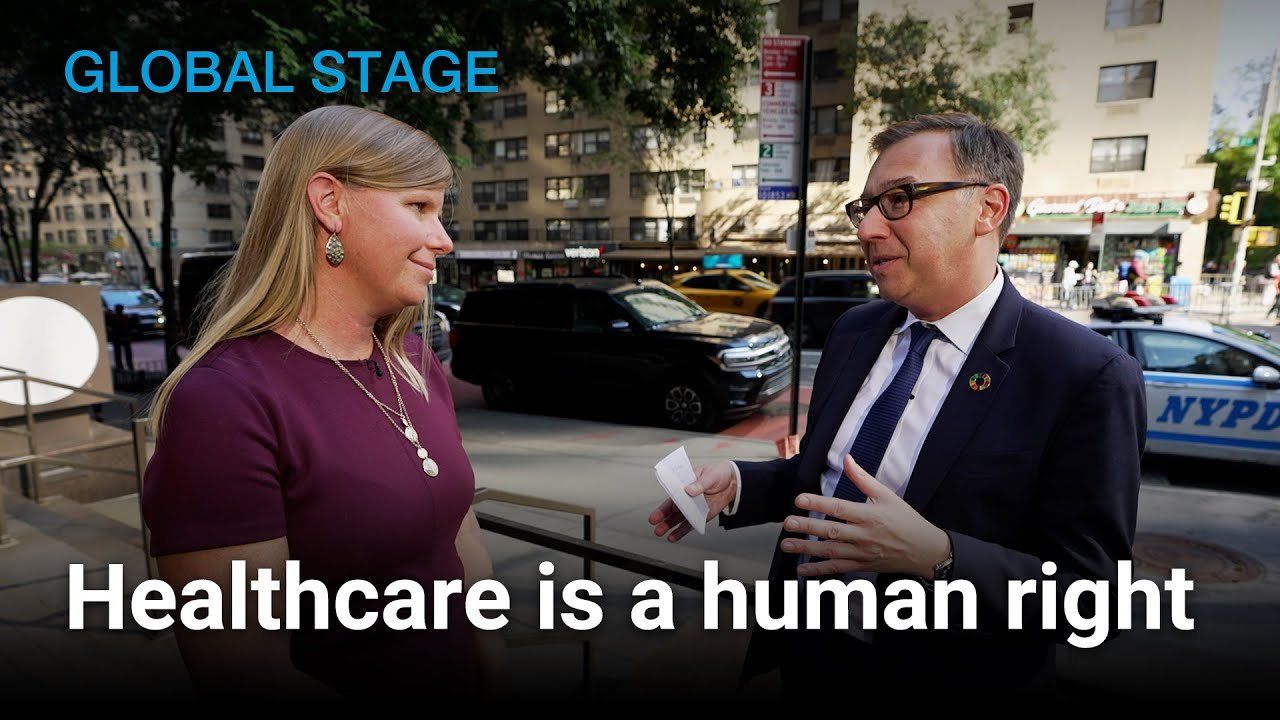Crisis Recovery
“Health is a human right”: How the world can make up progress lost to COVID

“Health is a human right”: Can we make up progress lost to COVID? | Global Stage | GZERO Media

The state of public health in the developing world bears some deep scars from the COVID-19 pandemic. Over the past three years, immunization rates have dropped to levels not seen in three decades. 2 billion people are facing "catastrophic or impoverishing" health spending worldwide according to the World Health Organization. And governments in the Global South are taking on more and more debt at the expense of investment in health and social services.
Kate Dodson, the Vice President of Global Health Strategy at the UN Foundation, is on the frontlines of the fight to give the most vulnerable people in the world access to proper healthcare. She works to connect experts and innovators with the UN, and find resources to support their work.
She’s calling on governments to invest in basic elements of public health, including primary care access, and properly remunerating healthcare workers — the majority of whom are women, worldwide. And more fundamentally, she wants leaders to treat health as a human right that all deserve to enjoy.
More from Global Stage: https://www.gzeromedia.com/global-stage/
At the 62nd Munich Security Conference in Munich, GZERO’s Tony Maciulis spoke with Benedikt Franke, Vice Chairman and CEO of the Munich Security Conference, to discuss whether the post-1945 global order is under strain or already unraveling.
Zelensky agrees: elections matter #PUPPETREGIME
As more small businesses move sales, payments, and customer relationships online, they unlock new opportunities, but they also become easier targets for cyber-criminals and other threat actors.
When Japanese Prime Minister Sanae Takaichi called snap elections last month, it was a big gamble. Holding a winter election just four months into her tenure with no real policy record to run on?